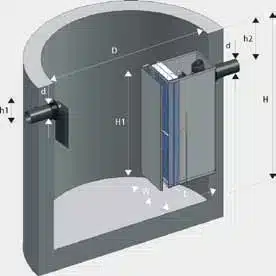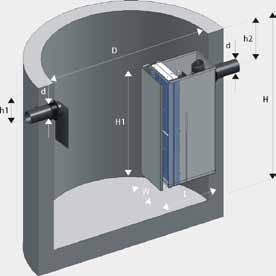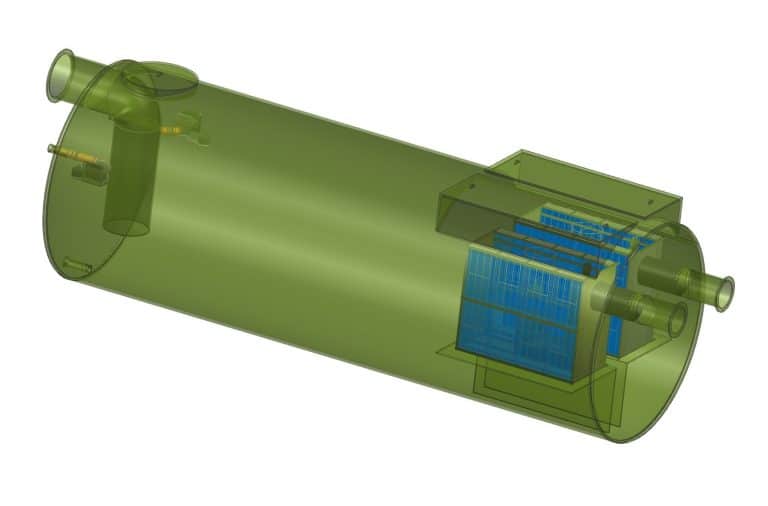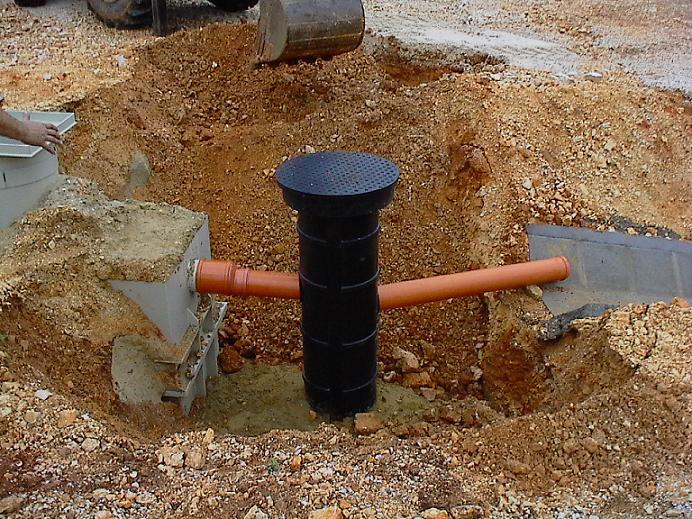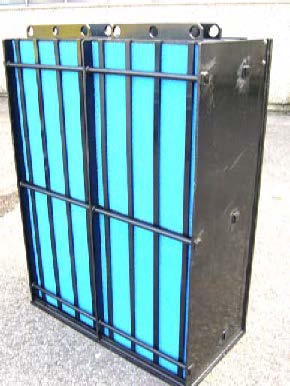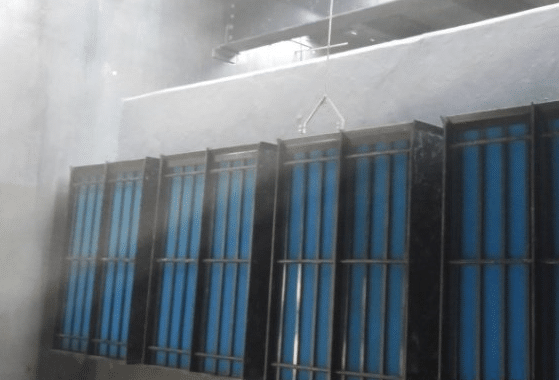Tennessee’s landscape is unique, making water protection a big challenge. Its underground waterways and karst topography put groundwater at risk. So, how can we keep Tennessee’s water safe from oil spills?
Tennessee Below Ground OWS are a key solution. They are made to handle Tennessee’s special geology. These systems are vital in keeping our underground water clean by separating oil from water.
In Tennessee, having strong OWS systems is a must. The state’s karst topography lets surface pollutants easily reach groundwater. That’s why we need OWS that can handle these issues and manage wastewater well.
Key Takeaways
- Tennessee’s karst topography requires specialized Below Ground OWS
- OWS systems are crucial for groundwater protection in the state
- Below Ground Oil Water Separators effectively remove oil from wastewater
- Proper OWS installation is essential for environmental safeguarding
- Regular maintenance ensures optimal performance of OWS systems
Introduction to Below Ground Oil Water Separators in Tennessee
Below Ground OWS are key in protecting Tennessee’s environment. They keep oil and water apart, stopping pollutants from getting into waterways. The state’s karst landscape and underground water systems make installing and maintaining OWS tricky.
Importance of OWS in Environmental Protection
Oil water separators are crucial for Tennessee’s water safety. They stop oil and other pollutants from getting into groundwater and surface water. This helps keep the state’s biodiversity safe and ensures clean water for people.
Tennessee’s Unique Geological Challenges
Tennessee’s geology has many caves and sinkholes, making it hard to put in Below Ground OWS. These features cause fast-moving groundwater, so OWS must be placed carefully. Managing water resources here needs special skills and methods.
Regulatory Framework for OWS in Tennessee
The Tennessee Department of Environment and Conservation sets rules for underground tanks and OWS. To follow these rules, you must meet certain cleanup levels for different chemicals. Experts in geology and engineering must design and put in Below Ground OWS to meet state standards and protect Tennessee’s water.
Tennessee Below Ground OWS: Types and Applications
Below Ground Oil Water Separators are key in protecting Tennessee’s environment. They remove hydrocarbons from wastewater, meeting state rules. Let’s look at the main types used in the area.
Gravity-Based Separators
Gravity-based separators use the difference in density between oil and water. As wastewater moves through, oil goes up and water goes down. This simple method is often used for basic oil and water separation in Tennessee.
Coalescing Plate Separators
Coalescing plate separators use special plates to improve separation. These plates help small oil droplets merge into bigger ones that rise faster. This tech boosts efficiency in removing oil from water.
Enhanced Coalescing Technology by Freytech Inc.
Freytech Inc. has created advanced coalescing technology for better hydrocarbon separation. This tech can clean wastewater to 5 PPM or even 0.1 PPM for emulsified oil. It separates various hydrocarbons like motor oil, diesel, gasoline, and jet fuel. This tech gives Tennessee businesses a strong way to meet tough environmental standards.
Design Considerations for Below Ground OWS in Tennessee
Tennessee’s unique landscape makes designing Below Ground OWS tricky. The state’s karst topography and underground waterways need careful planning. Engineers must look at soil type, water levels, and sinkhole risks when designing these systems.
Preventing sinkholes is key in Below Ground OWS design. Tennessee’s carbonate rocks can lead to sudden collapses. Designers must do detailed geological surveys to spot hazards and add safety measures.
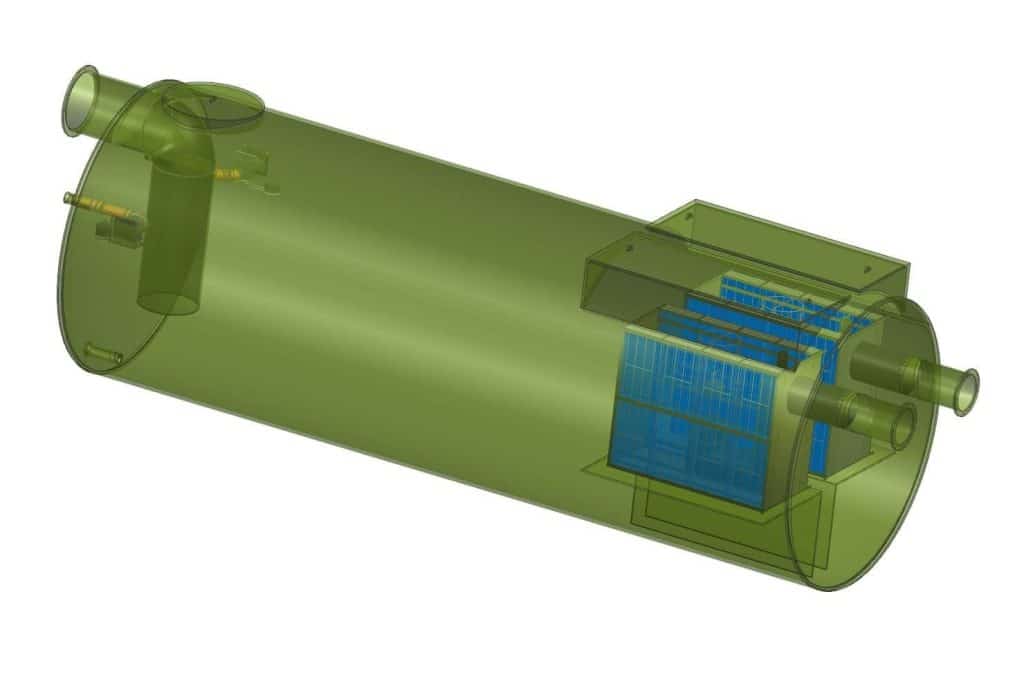
Following state laws is crucial for Below Ground OWS in Tennessee. The state has strict rules for these systems to protect the environment and water. Designers must make sure their plans follow or go beyond these laws.
Soil stability is also important. Tennessee’s varied land requires different solutions for each site. Engineers might use special materials or reinforcement to keep Below Ground OWS stable in unstable areas.
By tackling these challenges, designers can make Below Ground OWS that are safe and effective. They meet Tennessee’s environmental needs while respecting its unique geology.
Installation and Maintenance of Underground OWS Systems
Setting up Below Ground OWS in Tennessee needs careful planning. The state’s unique geology requires special attention during site preparation and excavation. Teams must consider underground cave systems and protect vital groundwater resources.
Site Preparation and Excavation
Before digging, experts conduct thorough site surveys. They use techniques similar to those employed in spelunking to map out underground features. This helps prevent damage to hidden cave networks and safeguards groundwater exploration efforts.
Proper Installation Techniques
Installing Below Ground OWS systems calls for precision. Workers must seal all connections to stop leaks that could harm underground waterways. They use special methods to guard against sinkhole formation, a common risk in Tennessee’s karst landscape.
Routine Maintenance and Inspections
Regular upkeep is key for Below Ground OWS efficiency. Technicians perform scheduled checks, clean filters, and remove built-up waste. These steps keep the system running smoothly and in line with Tennessee’s strict environmental rules.
These separators are crucial in storm water systems. They process runoff to meet the US EPA’s Clean Water Act standards. With effective oily water treatment, facilities protect the environment and dodge big fines.

